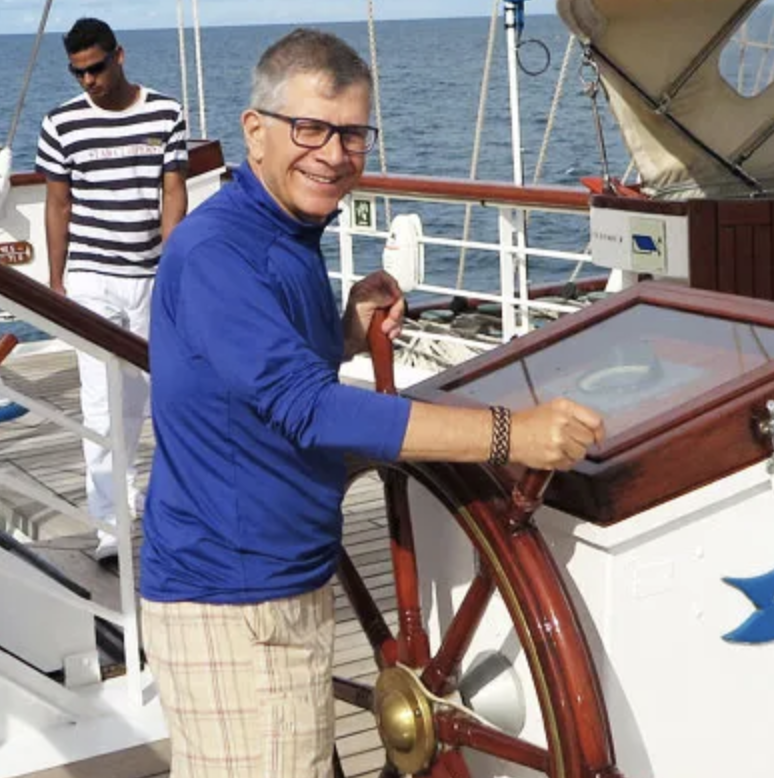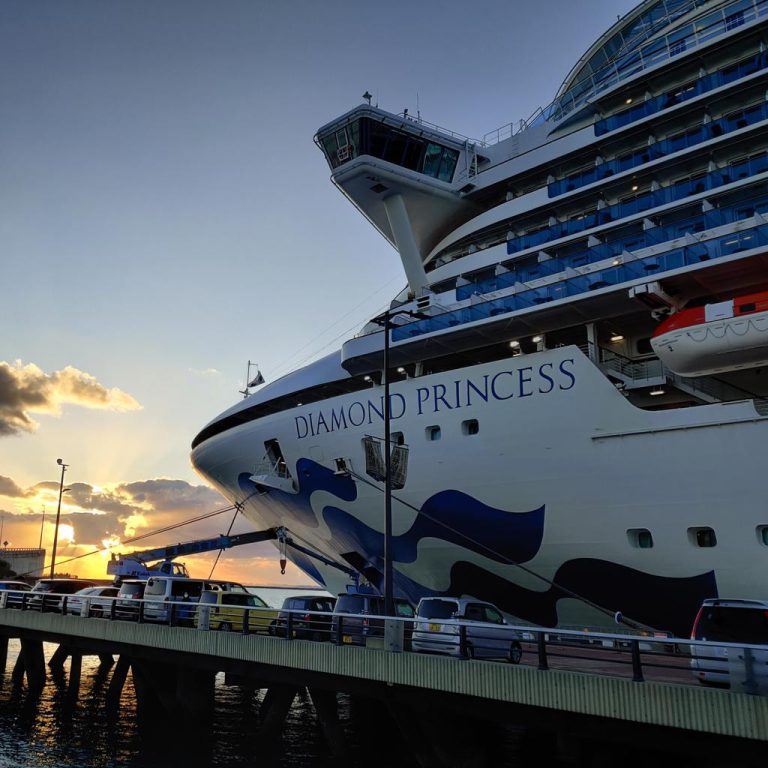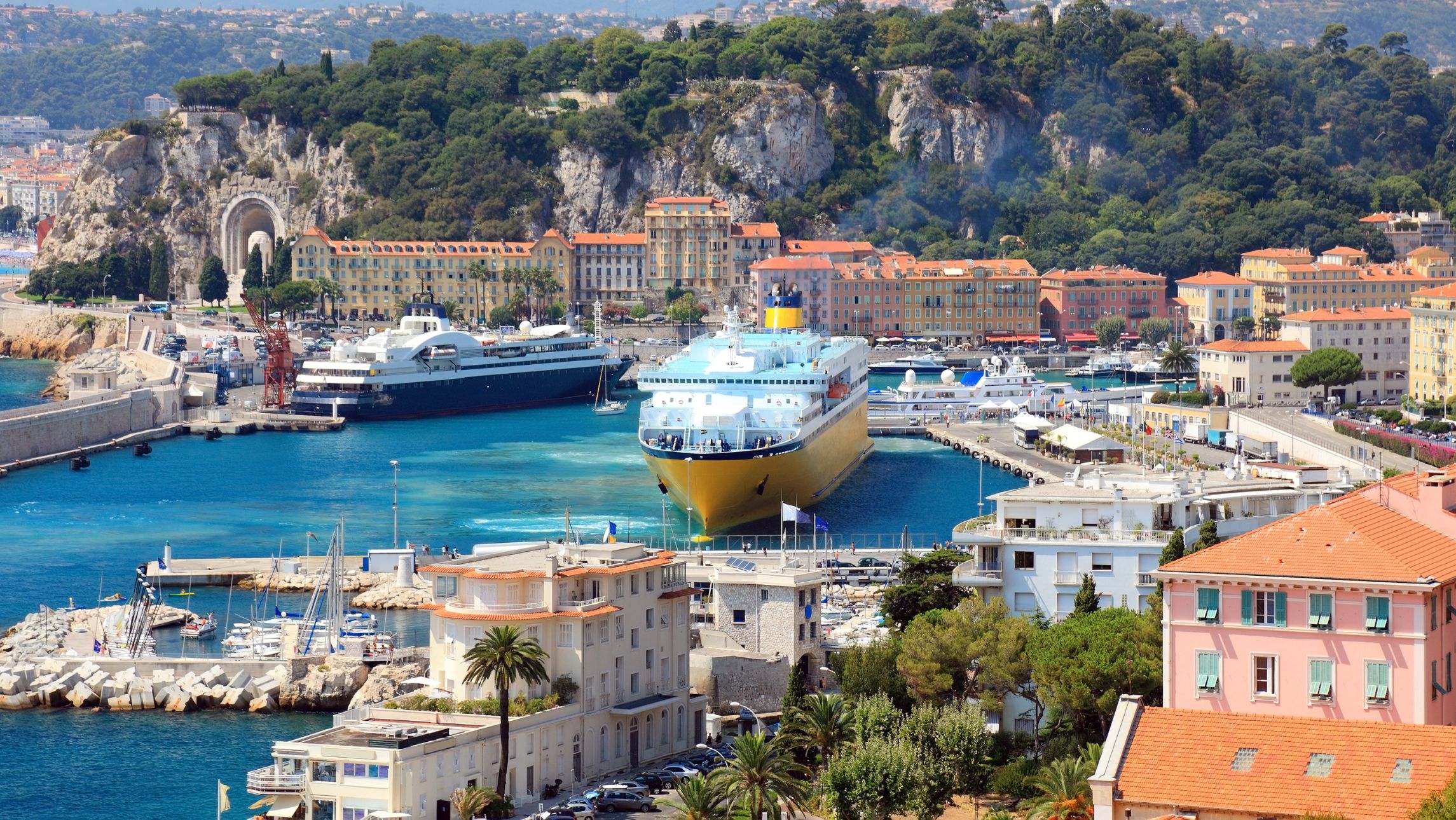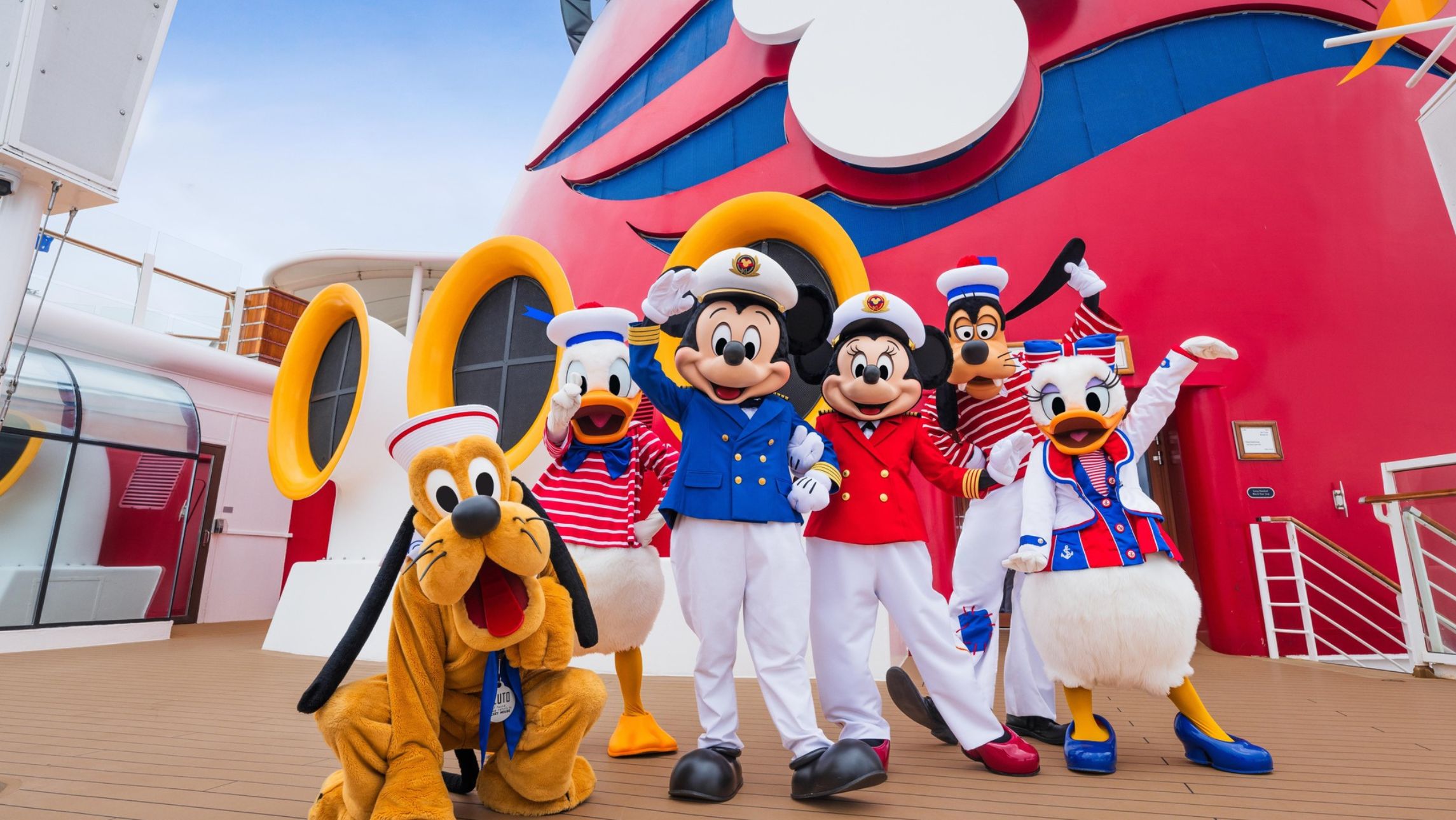Cruise lines expressed disappointment today after Australia’s Department of Foreign Affairs issued a warning that disruptions caused by closed ports and changed itineraries stemming from fears of coronavirus made foreign cruising a risk.
The department suggest Australians with underlying health concerns may want to reconsider taking foreign cruising.
Carnival Australia, which sails year-round in Australia with the Princess, Carnival and P&O brands, said:” The travel advice is disappointing but travellers will ultimately make their own decisions, confident that the health and safety of our guests and crew is our highest priority.”
The line’s statement continued: “Cruising remains one of the most attractive holiday options available in Australia and New Zealand, and our mix of domestic and South Pacific itineraries remains low risk. To maintain a healthy onboard environment, we have enhanced health screening protocols and other measures based on the best Australian and international public health advice.”
Royal Caribbean’s Chairman and CEO Richard Fain released a passionate video message from the line saying “Like you, we’re hurting. We’ve had to cancel cruises; we’ve lost revenue and our people are putting in long days to ensure the health and safety of our guests and our crew.
“But we have absolutely sailed through rough waters like this before an we have weathered every storm side by side with you.
“Our people have worked hard to deal with an ever-changing set of demand and circumstances. The people of our global brands, Royal Caribbean, Celebrity Cruises and Azamara are here for you, and will be here for you.”
Cruise Lines International Association Australasia also moved quickly to respond, issuing as statement promising new precautions this week.
“In addition to measures already in place, the cruise industry has committed to do even more to protect guests, crew and the communities where ships sail”, said the statement. “CLIA expects to report back this week with further details of this enhanced approach to protecting public health.”
Cruise lines have moved more ships to Australia’s ports, making local sailings more available.
They have also made strenuous efforts to ensure the health and safety of passengers and crew, denying boarding to those from countries where coronavirus – also known as COVID-19 – has taken hold, such as China, Iran and Italy.
The warning comes after a number of ports turned cruise ships away, even when the vessel had no cases of ill health on board. It also follows similar suggestions to the elderly and infirm issued in the US.
Many in the cruise industry believe the international coverage of the quarantining of Diamond Princess in Japan, which lasted several weeks and sparked global headlines daily, has led to cruise holidays being singled out.
Smartraveller, the site which gives official travel advice to Australians, says this morning: “We are monitoring closely the coronavirus (COVID-19) outbreak and its implications for overseas travel. Many countries are now reporting cases.
“Many are introducing new entry restrictions. These are changing often and quickly.
“Disruptions to cruise ship itineraries due to COVID-19 can have significant consequences for Australian travellers. We advise you to reconsider taking an overseas cruise at this time – particularly if you have underlying health concerns.
“Australians, particularly those with underlying health concerns should reconsider taking an overseas cruise at this time due to COVID-19. If in doubt, consult a medical professional before travelling.
“There have been instances of cruise ships being put into quarantine, countries preventing disembarkation of ships or denying entry to ports. The itineraries of a number of cruise ships have changed. Disruptions to cruise ship itineraries due to COVID-19 can have significant consequences for travellers. The situation is fluid and you can expect further disruptions.
“Repatriation from cruise ships affected by COVID-19 should not be relied upon as an option.
If, despite our advice, you proceed with your cruise and you’re concerned about the impact of the COVID-19 outbreak on your plans, check with your travel agent or cruise company and read and subscribe to our travel advisories for your destinations, including transit locations.”
The site points users to the cruise lines’ own organisation Cruise Line International Association (CLIA) Australasia’s policies to prevent the spread of the virus, which all CLIA ocean member cruise lines are required to implement.
The American government suggested older citizens with underlying health conditions not travel by cruise ship.
DEFAT suggests checking out the following if you are going on a cruise:
CLIA’s statement said:
“The health and safety of passengers and crew remains the highest priority for CLIA and its cruise line members, which have enacted robust measures globally in response to the coronavirus (COVID-19) outbreak, based on prevailing guidance from international health authorities. These measures, which include enhanced screening protocols and restrictions on passengers and crew who have travelled in specified countries, are detailed at the CLIA website.
“In addition to measures already in place, the cruise industry has committed to do even more to protect guests, crew and the communities where ships sail. CLIA expects to report back this week with further details of this enhanced approach to protecting public health.
“The cruise industry supports more than 18,000 jobs in Australia and contributes more than A$5 billion annually to the national economy. Cruise activity supports a broad supply chain of industries that stretches across the country, in addition to travel agencies, airlines, hotels and other industries.
“The majority of more than 270 cruise ships globally continue to operate unaffected by the virus, but with important precautions in place. All ocean-going CLIA cruise ships have well-equipped, dedicated medical facilities onboard and trained medical professionals available 24/7, and cruise lines have extensive experience providing care and responding as necessary to evolving circumstances.”










However they dont state “do not travel” which would be mire helpful in regards to travel insurance!
I find it amazing DFAT put out info yet they are no longer DFAT – see their website https://www.dfat.gov.au/
When you go looking for the supposed warning – I can’t find it on either the DFAT or the newer website.
So much for their open communication